The cost of building a 2,192km motorway between Russia and Kazakhstan will be $11.7bn, according to the government’s Federal Centre of Project Financing (FCPF). About half of this cost will be met by the Russian state with the balance expected to come from Chinese contractors who would recoup their investment by charging a toll.
(It’s the) construction of the century– Nursultan Nazarbayev, Kazakhstan’s president
The high-speed road would be part of the Europe-Western China International Transit Corridor, a 8,160km highway that would connect St Petersburg and the Chinese port of Lianyungang. The Chinese have completed their 3,181km section of the road, and work is expected to begin next year on the 2,787km Kazakhstan stretch.
The most likely investors in the road, which would make use of existing Russian motorways such as the M7 and the M5, are Chinese corporations, and on 21 April, the FCPF and Avtodor, Russia’s state owned highway company, made a presentation to potential participants in Shanghai (pictured).
Among the Chinese companies present at the conference were giant state contractors such as China Communications Construction Company, China Road & Bridge Corporation, the Civil Engineering Construction Corporation and financiers such as the China Development Bank and Export-Import Bank of China.
Russia’s part of the road is expected to be split into four concessions run by four consortiums.
Olga Revzina, head of lawyer Herbert Smith’s Russian infrastructure practice, said the corridor would be implemented on the basis of public-private partnerships, and that Chinese companies who attended a presentation of at the end of 2015 showed “a very big will to participate” in the scheme.
The FCPF commented on its website that the road was of “strategic importance, both in terms of its transit potential and the stimulus it will provide to the economic development of the regions in the corridor”.
The route of the road will be chosen with the aim of increasing Russia’s export potential; the FCPF says the areas of the country that would benefit from the corridor produce about half of its national income. It estimates that the road will lead to an increase in Russian GDP of 2.6 trillion rubles ($40bn) over 30 years.
It is expected that the financial and legal part of the project will be agreed by 2017, after which consortiums will be chosen with a view to laying tarmac in 2018 and completing the entire project in 2022.
China sees the corridor as part of its Silk Road programme, which aims to create a 10-day link with Europe and develop the economic potential of central Asia.
At present, Chinese exporters can send products to Russia and Europe using the trans-Siberian railway, which requires about 14 days, but is expensive, or they can send goods by sea which is cheap but takes three times longer. About 80% of China’s manufactured goods reach Europe through the Suez Canal, but this is likely to change once an inexpensive 10-day road and rail link is established with Europe.
Kazakhstan’s president, Nursultan Nazarbayev, has called the corridor the “construction of the century”. In his December 2012 State of the Nation address, Nazarbayev said the corridor should double the transit capacity across Kazakhstan by 2020, and he set a goal of increasing this capacity tenfold by 2050.
Comments
Comments are closed.


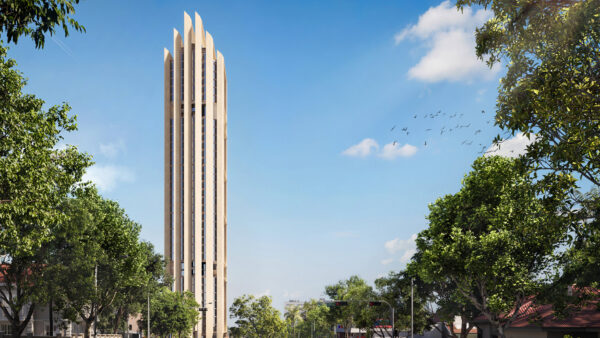
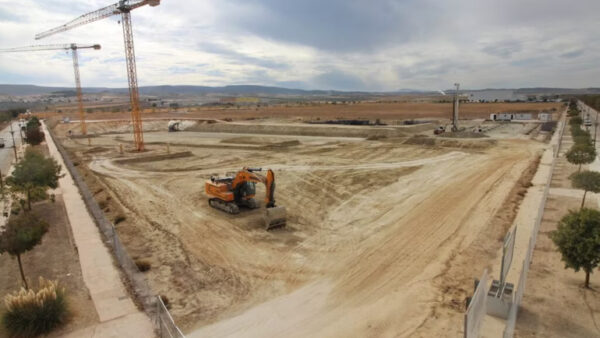
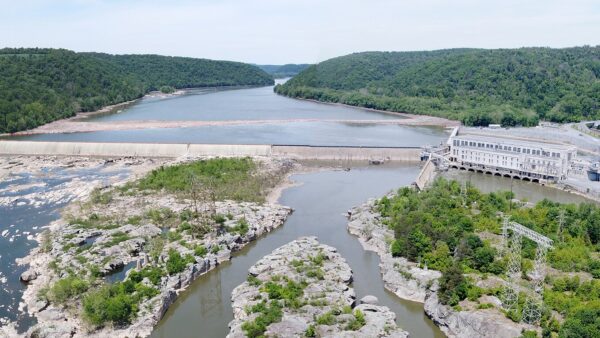
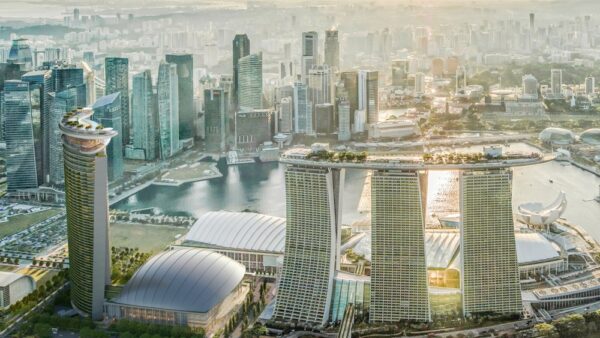
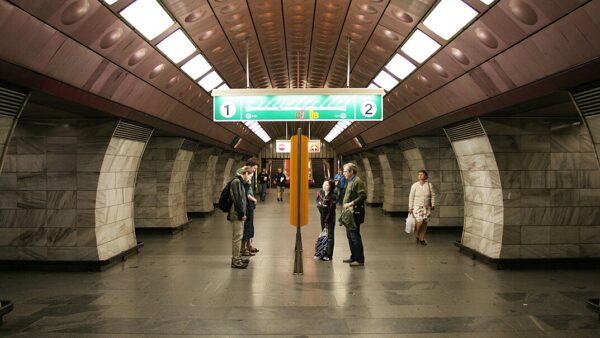
“China has completed his part” – why Kazakhstan and Russia didn’t start earlier?